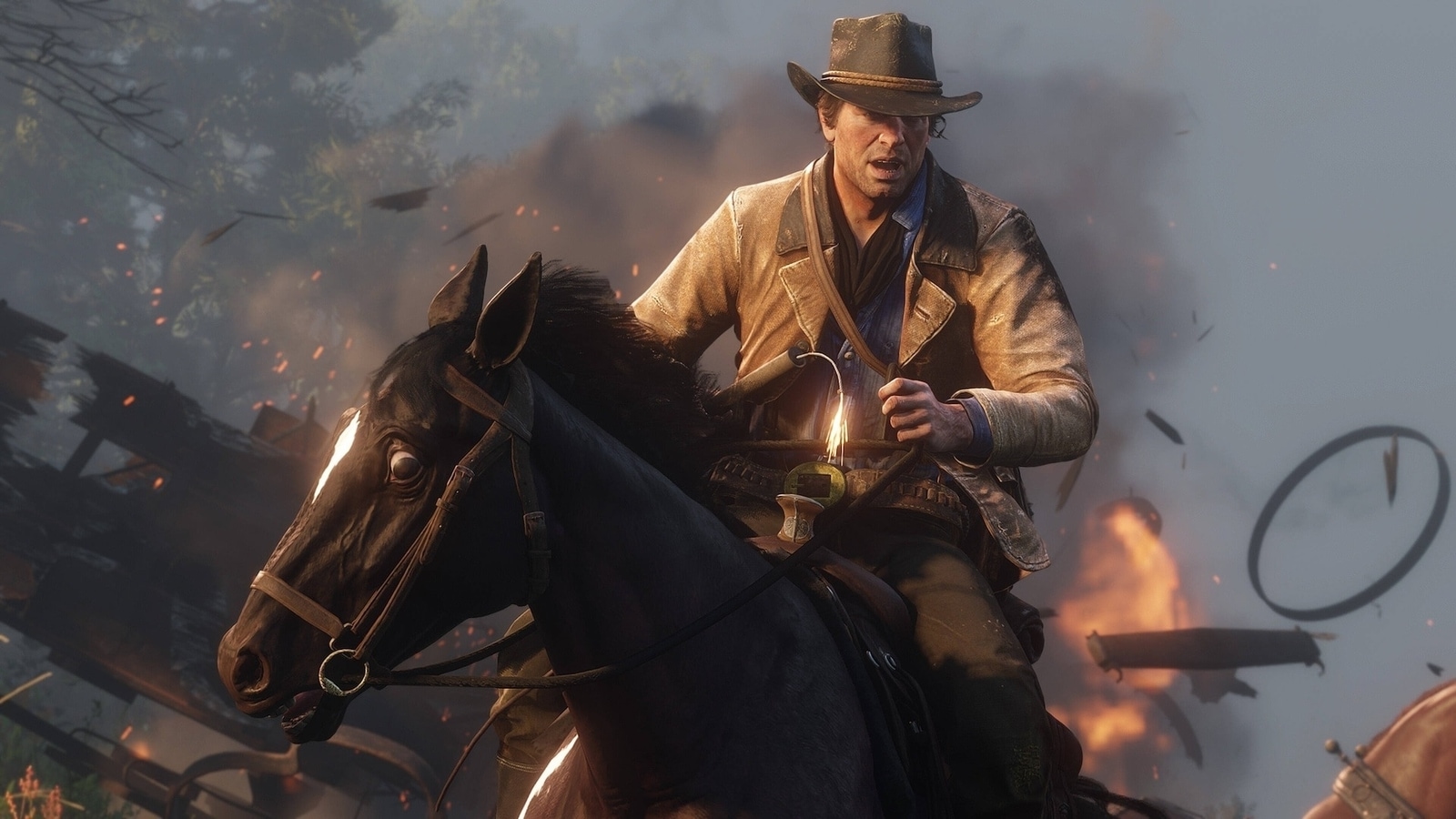Instead you read “Finding Me” to discover how she got her courage. She does not need to tell us at the outset that the book originated in her public speaking engagements — each chapter moves toward self-discovery, and even the worst revelations (including sexual assaults, domestic abuse, violence, hunger and a variety of poverty-related humiliations) come with an arrow pointing out of them. Look, each chapter says, I survived and thrived. Davis’s from-the-shoulder prose doesn’t pretty it up: Her father, MaDaddy, was a source of terror. But he changed, and she allowed him to shift his place in her heart. She brings this fierce, cleareyed refusal-to-forget and willingness-to-forgive to her time in the industry, too. She cites the statistics and her own experiences of racism, including some self-abnegating choices to play roles she knew were beneath her. The best parts of the book have this angry clarity; they sound like a call to arms. For fans of her artistry, though, you will have to look elsewhere to understand the mechanisms of her craft.
Likewise, you won’t find a key to Harvey Fierstein’s creative mysteries in his kicky memoir, I WAS BETTER LAST NIGHT (Knopf, 384 pp., $30), though you will find boatloads of charm and gossip and some sudden ice-water drops into fury. His playwright’s mind is always keeping notes, and, as Fierstein says, “The jockey never recalls using a whip. The horse never forgets.” He certainly hasn’t forgotten his childhood or time in the 1970s and ’80s downtown theater scene, both of which he describes in lush detail. These unmissable chapters are slick with makeup and sweat: acting in Brooklyn, anonymous sex at the Trucks, a scarifying coming-out experience (do not leave certain kinds of photos around your house), late-night snacks on the Warhol Factory’s tab, his first drag costume, AIDS, love, crushes, grief and the first stirrings of a triumphant talent.
Once we reach the greased-rails part of his career — after he broke through, he succeeded fast and young and often — Fierstein assumes a certain amount of familiarity from his reader. So any neo-Harvey-phytes will need to rent “Torch Song Trilogy” and “La Cage aux Folles”; you might want to find a bootleg of his Broadway performances in “Hairspray” and “Fiddler on the Roof,” too, just to fully understand what he’s talking about. He cheerfully addresses frequently asked questions (Why does Arnold have so much bunny paraphernalia in “Torch Song”?), but reader, beware: These might not be universally asked questions.
























